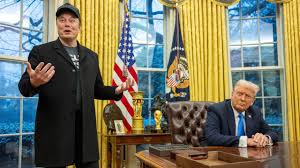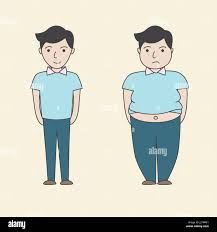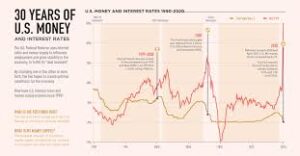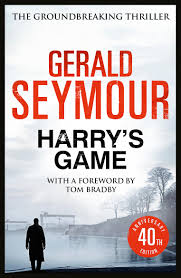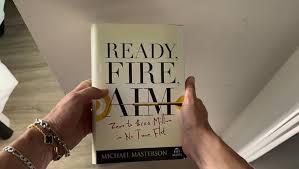Question: “How do I protect my idea?”
“I have a great idea for a new product, and I want to find someone to back me – an angel investor or whatever. I’ve heard about confidentiality agreements, but I’m not sure they can legally protect me. What can I do if the money guy tries to cheat me and take a controlling position in the business?” – JJ
My Response: I get it. You love your idea. You are sure it’s worth a billion dollars, and you worry about being taken advantage of. So you want your potential investors to sign an NDA (non-disclosure agreement) before you will show it to them.
But here’s the thing. It’s highly unlikely that they will sign an NDA. And even if they do, an NDA won’t ensure that you get what you want out of the deal. And the reason is this. (Warning: This may hurt your feelings.) Your product is probably not nearly as great as you think it is. In fact, it’s probably not especially good at all. And if it is good, there are probably another hundred people out there hawking a very similar product to a thousand other potential investors.
Ideas for new businesses (almost all ideas, really) don’t arrive in a vacuum. They are born in an ocean of developing innovations that are in the common consciousness of the market. You believe your great idea sprang from the center of your mind, but it actually came from everything you’ve been reading, watching, and thinking about – along with, as I said, many other smart and observant people.
So that’s why I believe you won’t get anyone serious – anyone that is accustomed to pitches – to sign an NDA.
But let’s say you do get someone to do it. How can you be sure you won’t get screwed? Well, that depends on your expectations. Most of the people that have tried to sell business ideas to me have had no idea what such ideas are worth in the marketplace.
From an investor’s point of view, this is how I think of it: As a rule, I value a general idea as being worth about 5% of the business, depending on how well articulated it is. The development of the product is worth about 20%, the marketing is worth another 25%, and the capital is worth about 50%.
These are rough numbers. They depend on the industry and the timing and whatever else you bring to the table. But they are not far off. If you think your idea is worth 50% of the business, you are living in La La Land.
If you can get 10% for it, grab it.

